SSC JE 2025 Civil Course: Complete Guide to Make It Easy’s LIVE + REC Batch
If you're a Civil Engineering aspirant aiming to crack the SSC JE 2025 exam, Make It Easy: Civil has launched a comprehensive course tailored for you. Their SSC JE 2025 Civil Course (LIVE + REC) is designed to align with the latest exam pattern, offering both live and recorded classes to ensure a flexible and thorough preparation experience.
Course Overview
The SSC JE 2025 Civil Course by Make It Easy: Civil is structured to cover the entire syllabus, encompassing both technical and non-technical subjects. The course includes:
Live Technical Classes: Commencing from 8 May 2025, these sessions will be conducted by experienced faculty members, ensuring real-time interaction and doubt resolution.
Recorded Lectures: All classes will be available in recorded format, allowing students to revisit and reinforce concepts at their convenience.
MCQ Practice: The course provides extensive multiple-choice question practice, with downloadable PDFs to aid in self-assessment and revision.
Language Medium: Lectures will be delivered in Hinglish (a blend of Hindi and English), while the study materials will be in English.
Note-Making Encouraged: Students are advised to take their own notes during classes, promoting active learning and better retention.
Expert Faculty
The course boasts a team of seasoned educators specializing in their respective domains:
Technical Subjects:
-
Himanshu Sir
-
Ajay Sir
-
Nishima Ma'am
Non-Technical Subjects:
Pricing & Validity
- Course Fee: ₹2,499 (Discounted from ₹4,999)
- Validity: Access to course materials is available for 1 year or until the SSC JE 2025 exam date.
SSC JE Exam Pattern
Understanding the exam structure is crucial for effective preparation. The SSC JE 2025 exam comprises two papers:
Paper-I (Computer-Based Test):
- General Intelligence & Reasoning: 50 questions (50 marks)
- General Awareness: 50 questions (50 marks)
- General Engineering (Civil & Structural): 100 questions (100 marks)
- Total Questions: 200
- Duration: 2 hours
- Negative Marking: 0.25 marks for each incorrect answer
Paper-2 (Computer-Based Test):
- General Engineering (Civil & Structural): 100 Questions (300 marks)
- Total Questions: 100
- Duration: 2 hours
- Negative Marking: 1 mark for each incorrect answer (1/3)
Detailed Syllabus
Paper-I
(i) General Intelligence & Reasoning: The Syllabus for General Intelligence would include
questions of both verbal and non-verbal type. The test may include questions on analogies,
similarities, differences, space visualization, problem solving, analysis, judgement, decision
making, visual memory, discrimination, observation, relationship concepts, arithmetical reasoning,
verbal and figure classification, arithmetical number series etc. The test will also include questions
designed to test the candidate’s abilities to deal with abstract ideas and symbols and their
relationships, arithmetical computations and other analytical functions.
(ii) General Awareness: Questions will be aimed at testing the candidate’s general awareness of
the environment around him/her and its application to society. Questions will also be designed to
test knowledge of current events and of such matters of everyday observations and experience in
their scientific aspect as may be expected of any educated person. The test will also include
questions relating to India and its neighbouring countries especially pertaining to History, Culture,
Geography, Economic Scene, General Polity and Scientific Research, etc. These questions will be
such that they do not require a special study of any discipline.
(iii) General Engineering (Civil and Structural: Civil Engineering
Building Materials, Estimating, Costing and Valuation, Surveying, Soil Mechanics, Hydraulics,
Irrigation Engineering, Transportation Engineering, Environmental Engineering.
Structural Engineering: Theory of Structures, Concrete Technology, RCC Design, Steel Design.
Paper-II
Civil & Structural Engineering
- Building Materials : Physical and Chemical properties, classification, standard tests, uses and
manufacture/quarrying of materials e.g. building stones, silicate based materials, cement (Portland),
asbestos products, timber and wood based products, laminates, bituminous materials, paints,
varnishes.
- Estimating, Costing and Valuation: estimate, glossary of technical terms, analysis of rates, methods
and unit of measurement, Items of work – earthwork, Brick work (Modular & Traditional bricks),
RCC work, Shuttering, Timber work, Painting, Flooring, Plastering. Boundary wall, Brick building,
Water Tank, Septic tank, Bar bending schedule, Centre line method, Mid-section formula,
Trapezodial formula, Simpson’s rule. Cost estimate of Septic tank, flexible pavements, Tube well,
isolates and combined footings, Steel Truss, Piles and pile-caps. Valuation – Value and cost, scrap
value, salvage value, assessed value, sinking fund, depreciation and obsolescence, methods of
valuation.
- Surveying : Principles of surveying, measurement of distance, chain surveying, working of prismatic
compass, compass traversing, bearings, local attraction, plane table surveying, theodolite traversing,
adjustment of theodolite, Levelling, Definition of terms used in levelling, contouring, curvature and
refraction corrections, temporary and permanent adjustments of dumpy level, methods of contouring,
uses of contour map, tachometric survey, curve setting, earth work calculation, advanced surveying
equipment.
- Soil Mechanics : Origin of soil, phase diagram, Definitions-void ratio, porosity, degree of saturation,
water content, specific gravity of soil grains, unit weights, density index and interrelationship of
different parameters, Grain size distribution curves and their uses. Index properties of soils,
Atterberg’s limits, ISI soil classification and plasticity chart. Permeability of soil, coefficient of
permeability, determination of coefficient of permeability, Unconfined and confined aquifers,
effective stress, quick sand, consolidation of soils, Principles of consolidation, degree of
consolidation, pre-consolidation pressure, normally consolidated soil, e-log p curve, computation of
ultimate settlement. Shear strength of soils, direct shear test, Vane shear test, Triaxial test. Soil
compaction, Laboratory compaction test, Maximum dry density and optimum moisture content, earth
pressure theories, active and passive earth pressures, Bearing capacity of soils, plate load test,
standard penetration test.
- Hydraulics : Fluid properties, hydrostatics, measurements of flow, Bernoulli’s theorem and its
application, flow through pipes, flow in open channels, weirs, flumes, spillways, pumps and turbines.
- Irrigation Engineering: Definition, necessity, benefits, 2II effects of irrigation, types and methods of
irrigation, Hydrology – Measurement of rainfall, run off coefficient, rain gauge, losses from
precipitation – evaporation, infiltration, etc. Water requirement of crops, duty, delta and base period,
Kharif and Rabi Crops, Command area, Time factor, Crop ratio, Overlap allowance, Irrigation
efficiencies. Different type of canals, types of canal irrigation, loss of water in canals. Canal lining –
types and advantages. Shallow and deep to wells, yield from a well. Weir and barrage, Failure of
weirs and permeable foundation, Slit and Scour, Kennedy’s theory of critical velocity. Lacey’s theory
of uniform flow. Definition of flood, causes and effects, methods of flood control, water logging,
preventive measure. Land reclamation, Characteristics of affecting fertility of soils, purposes,
methods, description of land and reclamation processes. Major irrigation projects in India.
- Transportation Engineering: Highway Engineering – cross sectional elements, geometric design, types
of pavements, pavement materials – aggregates and bitumen, different tests, Design of flexible and
rigid pavements – Water Bound Macadam (WBM) and Wet Mix Macadam (WMM), Gravel Road,
Bituminous construction, Rigid pavement joint, pavement maintenance, Highway drainage, Railway
Engineering- Components of permanent way – sleepers, ballast, fixtures and fastening, track
geometry, points and crossings, track junction, stations and yards. Traffic Engineering – Different
traffic survey, speed-flow-density and their interrelationships, intersections and interchanges, traffic
signals, traffic operation, traffic signs and markings, road safety.
- Environmental Engineering: Quality of water, source of water supply, purification of water,
distribution of water, need of sanitation, sewerage systems, circular sewer, oval sewer, sewer
appurtenances, sewage treatments. Surface water drainage. Solid waste management – types, effects,
engineered management system. Air pollution – pollutants, causes, effects, control. Noise pollution –
cause, health effects, control.
- Structural Engineering (Theory of structures): Elasticity constants, types of beams – determinate and indeterminate, bending
moment and shear force diagrams of simply supported, cantilever and over hanging beams. Moment
of area and moment of inertia for rectangular & circular sections, bending moment and shear stress for
tee, channel and compound sections, chimneys, dams and retaining walls, eccentric loads, slope
deflection of simply supported and cantilever beams, critical load and columns, Torsion of circular
section.
- Concrete Technology: Properties, Advantages and uses of concrete, cement aggregates, importance of
water quality, water cement ratio, workability, mix design, storage, batching, mixing, placement,
compaction, finishing and curing of concrete, quality control of concrete, hot weather and cold
weather concreting, repair and maintenance of concrete structures.
- RCC Design: RCC beams-flexural strength, shear strength, bond strength, design of singly reinforced
and double reinforced beams, cantilever beams. T-beams, lintels. One way and two way slabs,
isolated footings. Reinforced brick works, columns, staircases, retaining wall, water tanks (RCC
design questions may be based on both Limit State and Working Stress methods).
- Steel Design: Steel design and construction of steel columns, beams roof trusses plate girders.
Download Official Syllabus Pdf: Click here
Preparation Tips
To maximize your success in the SSC JE 2025 exam:
-
Understand the Syllabus: Familiarize yourself with the detailed syllabus and focus on high-weightage topics.makeiteasyhub.com
-
Regular Practice: Solve previous years' question papers and take mock tests to build confidence and improve time management.Made Easy+4makeiteasyhub.com+4Testbook+4
-
Active Note-Making: Taking notes during lectures aids in better understanding and retention of concepts.
-
Consistent Revision: Regularly revise topics to reinforce learning and identify areas needing improvement.
-
Seek Clarification: Don't hesitate to ask questions during live sessions to clear doubts promptly.
Enroll Now
Ready to embark on your SSC JE 2025 preparation journey? Enroll in the Make It Easy: Civil SSC JE 2025 Course (LIVE + REC) today and take a significant step towards achieving your goal.Make It Easy: Civil+4makeiteasyhub.com+4YouTube+4
Enroll Here
Frequently Asked Questions (FAQs) – SSC JE 2025 Civil Course
1. What is the SSC JE 2025 Civil Course by Make It Easy: Civil?
The SSC JE 2025 Civil Course is a hybrid (LIVE + REC) coaching program designed for Civil Engineering aspirants preparing for the SSC Junior Engineer 2025 examination. It includes live interactive classes, recorded lectures, MCQ practice, and expert guidance covering the full syllabus.
2. When does the course start?
The live technical classes begin from 8th May 2025. You can join any time before that to access pre-course materials and setup guidance.
3. Are recorded lectures available if I miss a class?
Yes, all live classes are recorded and uploaded to the portal. You can access them anytime throughout the course duration.
4. How long is the course valid?
The course is valid for 1 year or until the SSC JE 2025 exam date, whichever comes earlier.
5. What is the medium of instruction?
The classes are taught in Hinglish (Hindi + English), and the study materials, MCQ PDFs, and notes are provided in English.
6. Does the course cover Paper I and Paper II of SSC JE?
Yes. The course comprehensively covers both Paper I (Objective) and Paper II (Descriptive) with subject-specific theory, practice questions, and answer-writing strategies.
7. Is there any negative marking in SSC JE 2025?
Yes. In Paper I, there is a negative marking of 0.25 marks per wrong answer. In Paper II, 1 mark will be deducted for each incorrect answer.
8. Are non-technical subjects also covered?
Yes. The course includes dedicated faculty for General Studies (GS) and Reasoning, ensuring complete Paper I preparation.
9. What is the course fee?
The course is currently offered at a discounted price of ₹4,999, down from the original price of ₹9,999.
10. Who are the instructors for the course?
The technical subjects are taught by Himanshu Sir, Ajay Sir, and Nishima Ma’am, while Preeti Ma’am covers General Studies and Atul Sir handles Reasoning.
11. How can I enroll in the course?
You can enroll directly via the official course page here:
Enroll Now
12. Do I need to make notes during the course?
Yes, note-making is highly encouraged as it enhances understanding and long-term retention of key concepts.

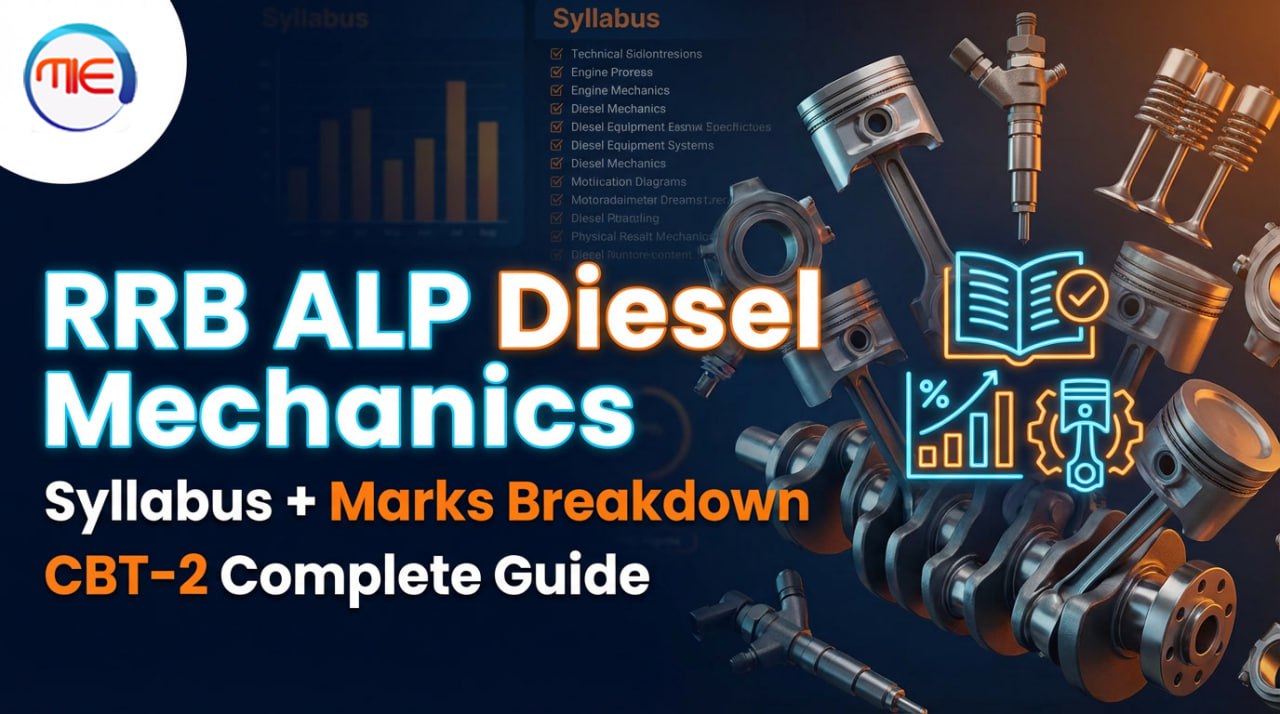
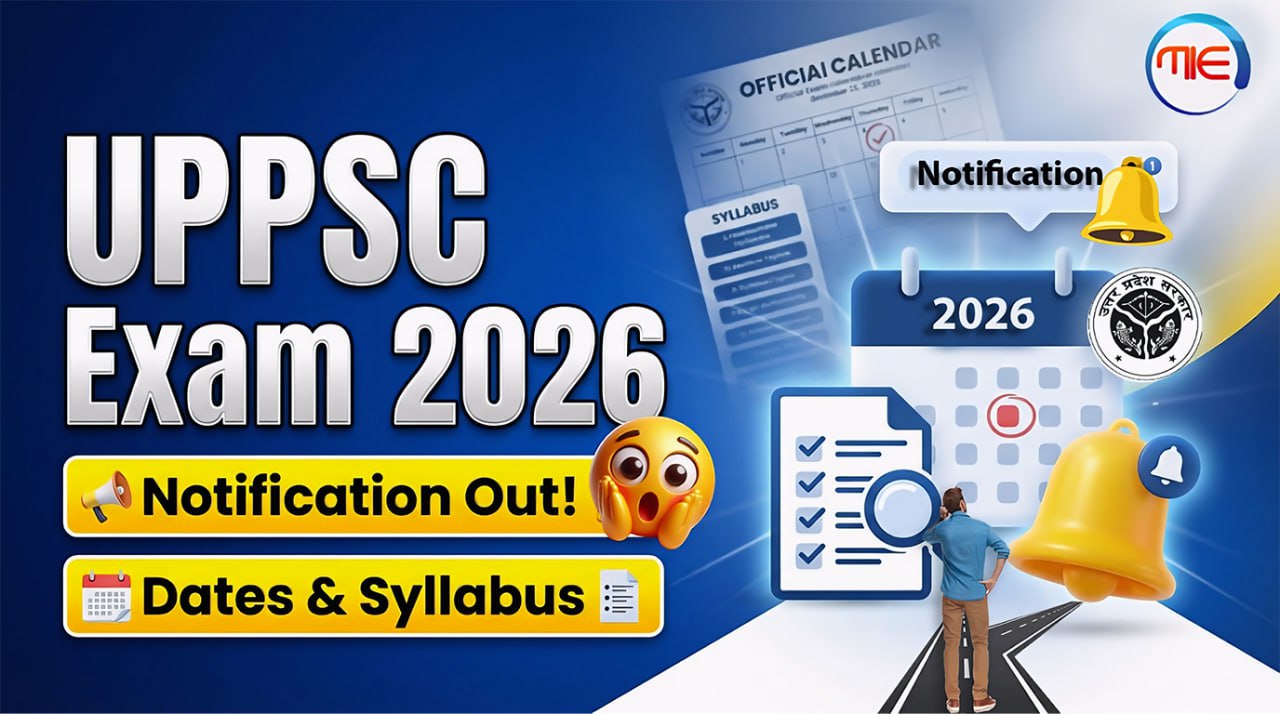
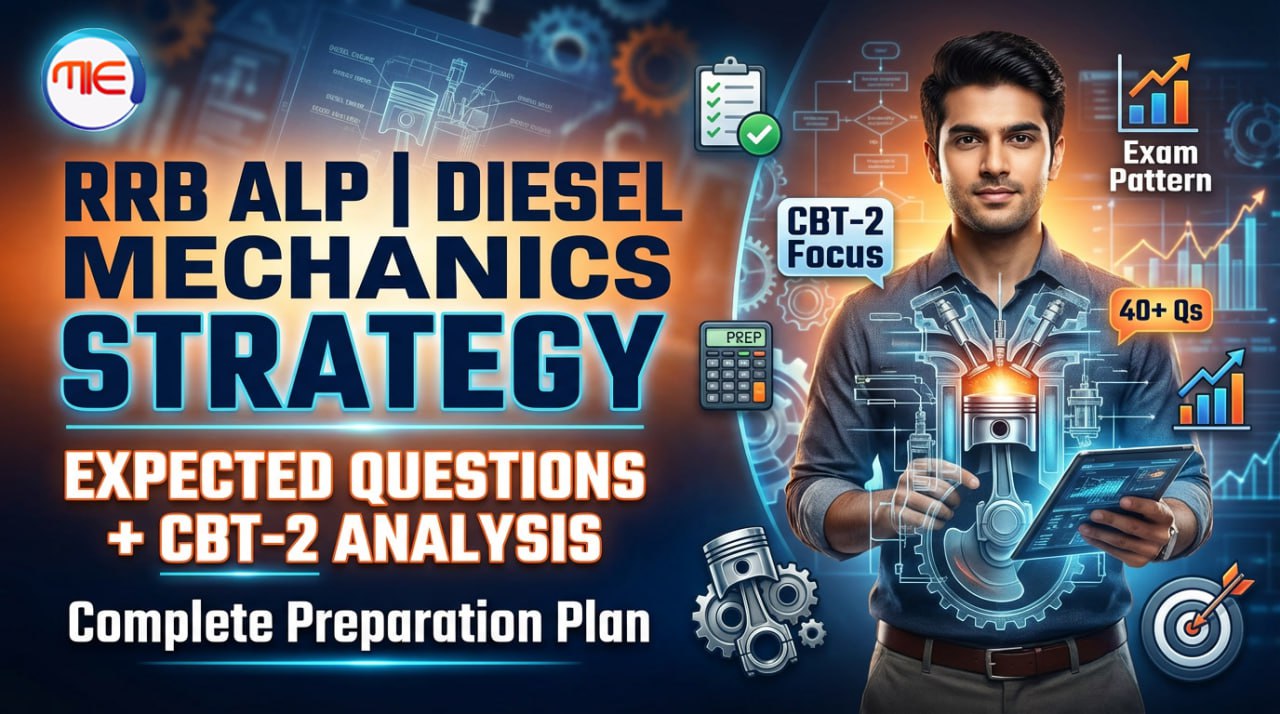
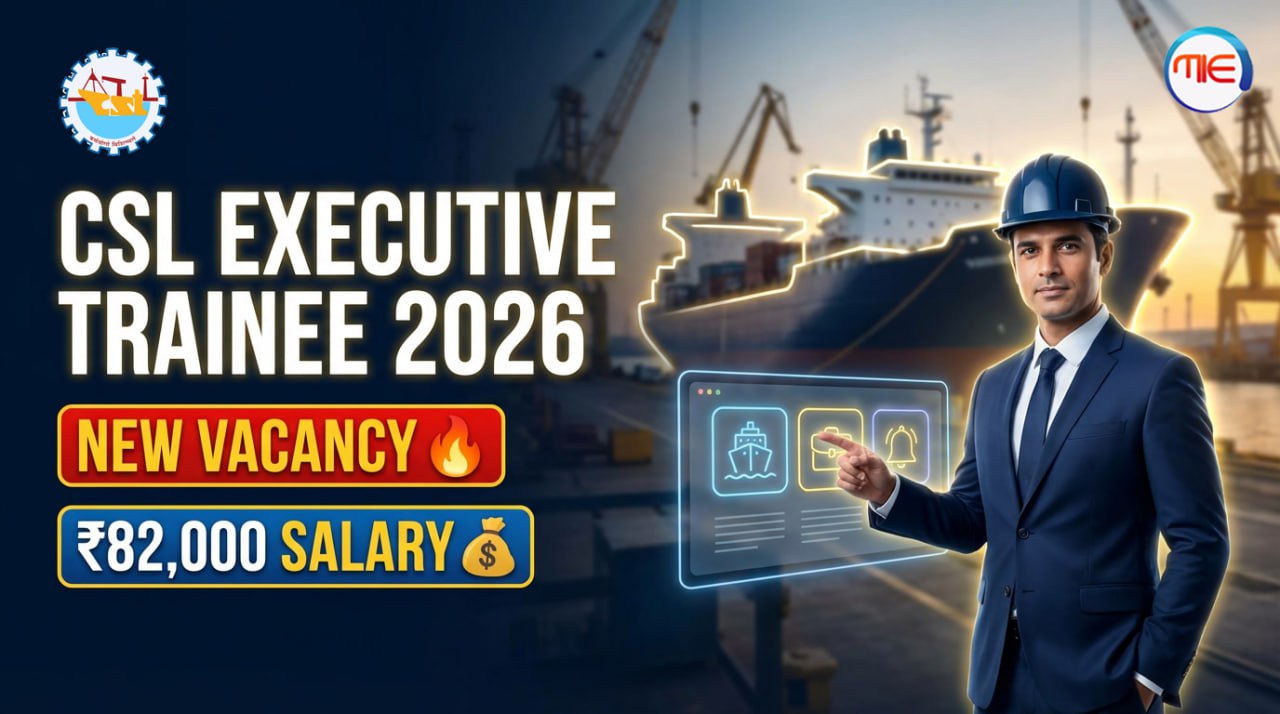
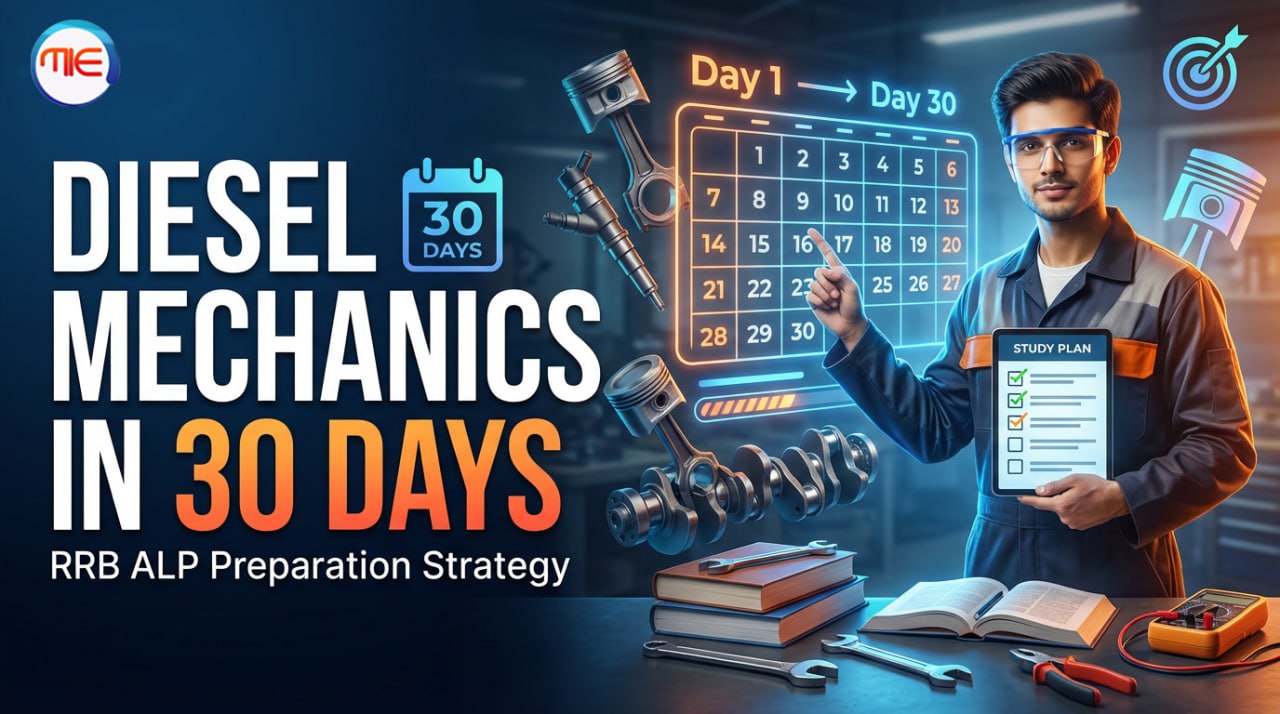





Leave a Comment